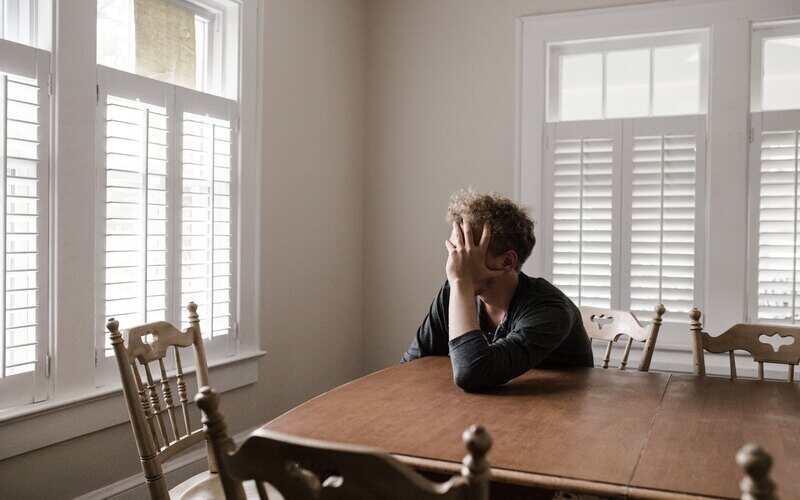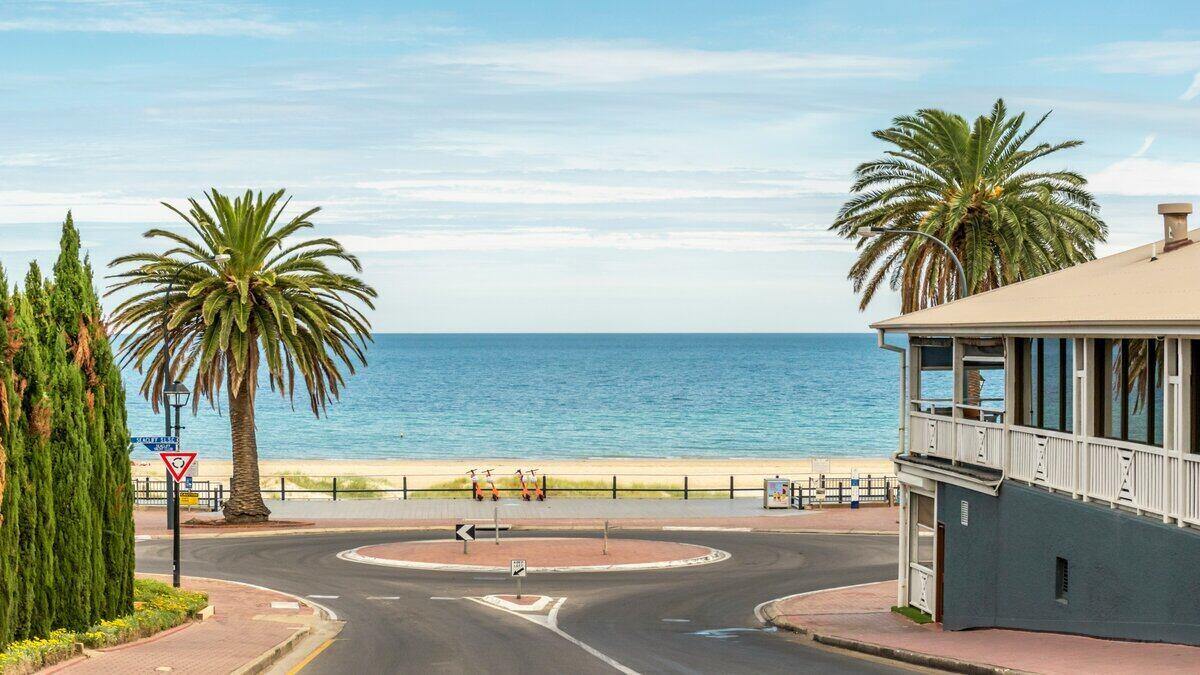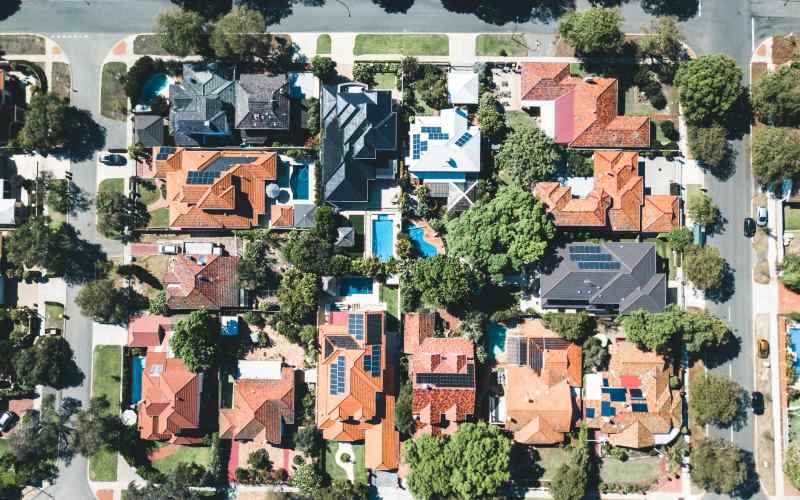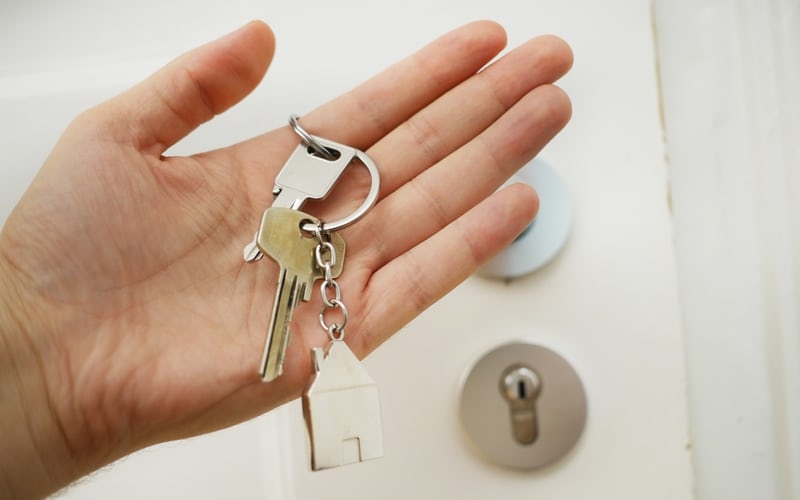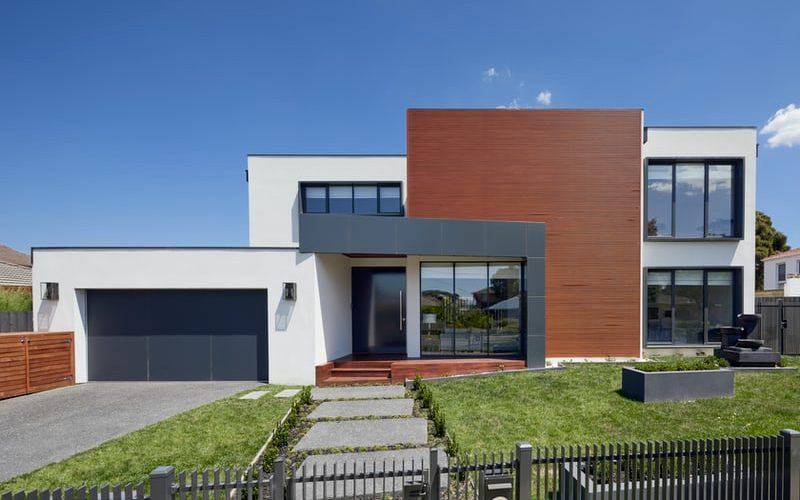Property prices across the country surged ahead of the coronavirus outbreak, according to the Australian Bureau of Statistics (ABS) Residential Property Price Indexes.
The 3.9% gain was mostly driven by the Sydney and Melbourne markets where prices spiked by 4.7% and 5.2% respectively.
House prices lifted by 5.2% in Sydney and 5.5% in Melbourne, while unit prices rose by 3.8% and 4.3% in the two cities.
Overall, prices rose in all capital cities except Perth and Darwin, and ABS Chief Economist Bruce Hockman said the property market is on the upswing.
"While Australia's two largest cities continued to lead the rise in property prices, the turnaround in the housing market has spread to all other cities except Darwin," Mr Hockman said.
"Results are consistent with other housing market indicators, including new lending commitments to households and sales transactions, which have been rising over several months."
According to the ABS, the total value of Australia's residential dwellings rose by $294.4 billion to $7.2 trillion in the December 2019 quarter - the largest rise since September 2011.
The mean price of residential dwellings in Australia is now $691,000.
How will coronavirus impact house prices?
The ABS figures pre-date the unfolding coronavirus (COVID-19) pandemic, the effects of which are already beginning to be felt in the property market.
CoreLogic's recent auction results for example show signs buyers are beginning to turn away from the market.
While house prices were on the rise as recently as the December 2019 quarter, some say it may not be the case for much longer given the current state of the economy.
Research Fellow in Real Estate, Centre for Applied Economic Research UNSW Nigel Stapledon said COVID-19 is bad news for house prices.
"The bottom line is it will be negative - prices will go down," he said.
"People, up until now, have been talking about the property market developing a bit of momentum, with the interest cuts we had last year and the easing in credit conditions."
Mr Stapledon said rate cuts and stimulus packages can only do so much.
"The reason the bank is cutting is coronavirus is negatively impacting the economy as a whole – there’s no escaping that fact," he said.
"Yes, the government has released its stimulus package and there may be more fiscal stimulus on the way, but there are limits to what any government can do.
"There will be negative effects on employment. It will be a short, sharp shock to the economy."

Ready, Set, Buy!
Learn everything you need to know about buying property – from choosing the right property and home loan, to the purchasing process, tips to save money and more!
With bonus Q&A sheet and Crossword!



 Emma Duffy
Emma Duffy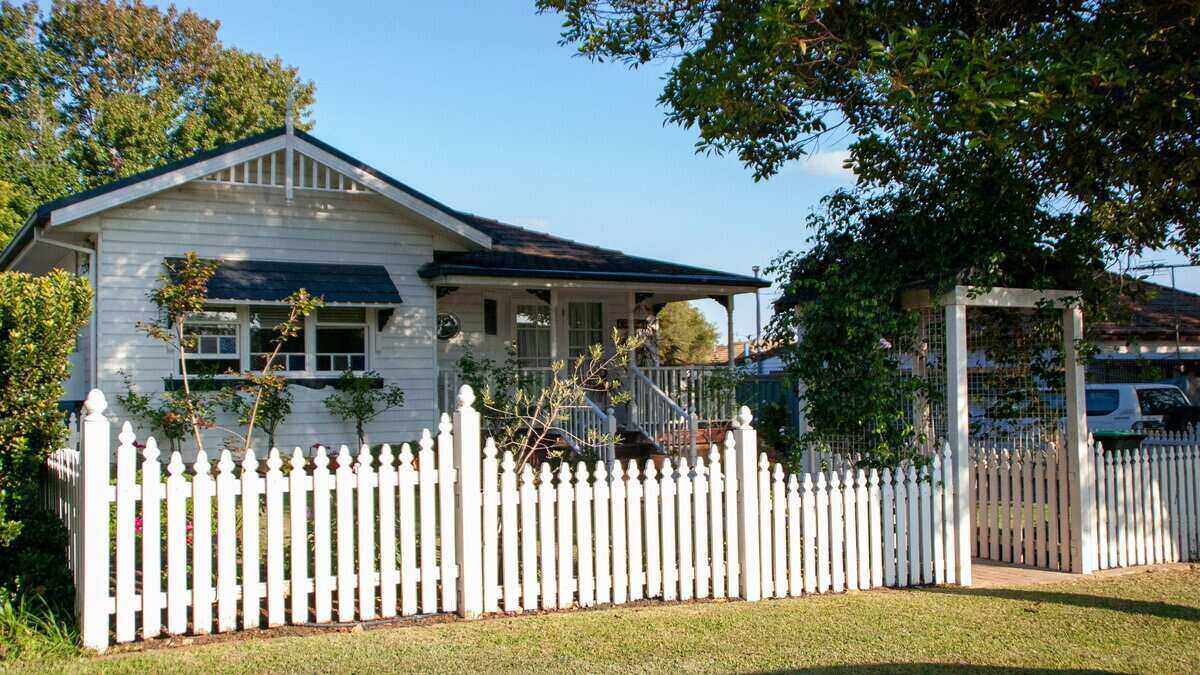
 Arjun Paliwal
Arjun Paliwal